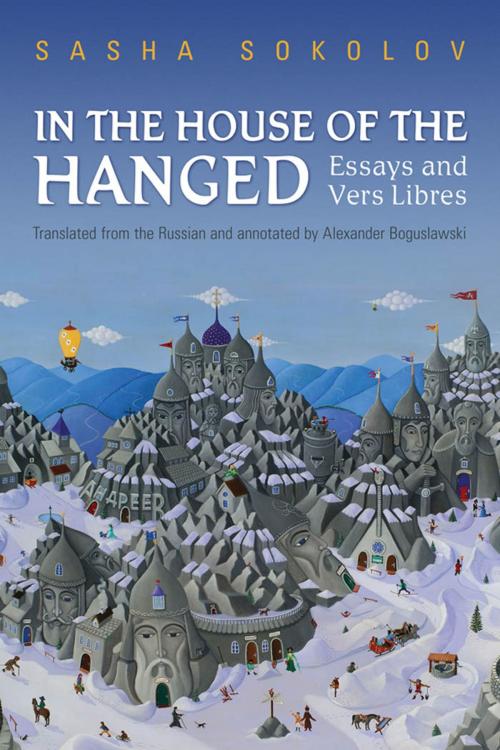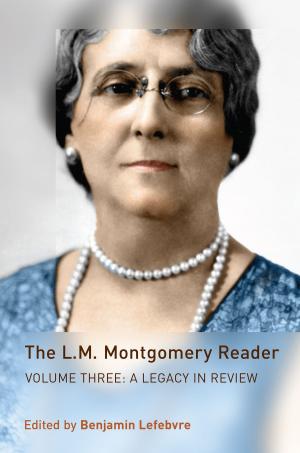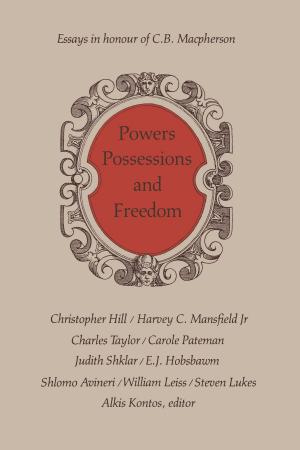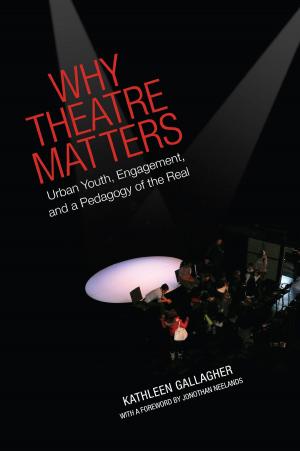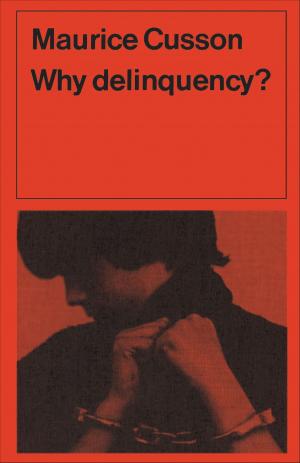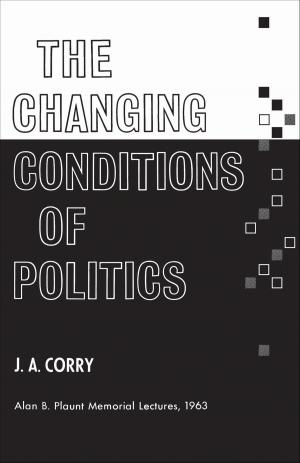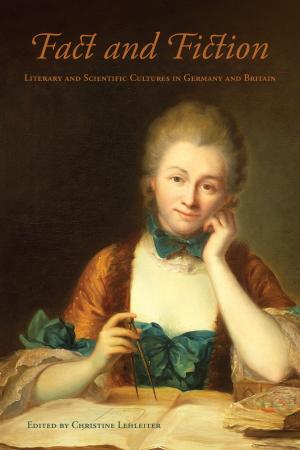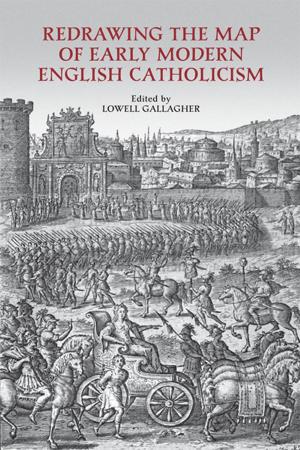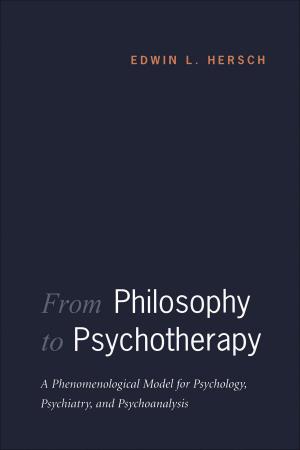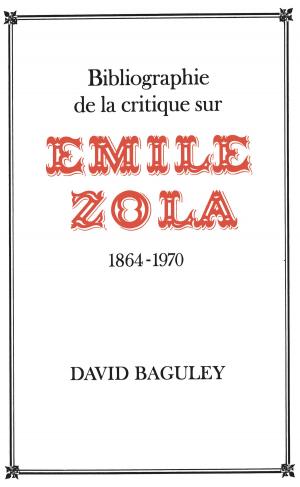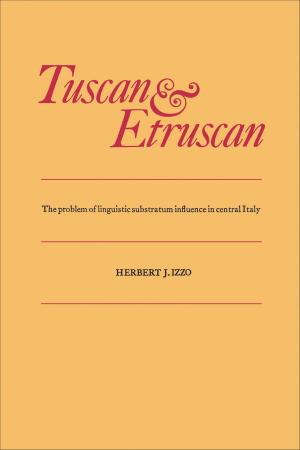In the House of the Hanged
Essays and Vers Libres
Fiction & Literature, Literary Theory & Criticism, European, Nonfiction, History, European General| Author: | Sasha Sokolov | ISBN: | 9781442695856 |
| Publisher: | University of Toronto Press, Scholarly Publishing Division | Publication: | April 5, 2012 |
| Imprint: | Language: | English |
| Author: | Sasha Sokolov |
| ISBN: | 9781442695856 |
| Publisher: | University of Toronto Press, Scholarly Publishing Division |
| Publication: | April 5, 2012 |
| Imprint: | |
| Language: | English |
Arguably the most important living Russian writer, Sasha Sokolov is an acknowledged literary master. Widely admired for his ability to elevate prose to the level of poetry, he is also known for his craftsmanship and phenomenal use of language. Until now, however, English-speaking audiences have only had access to a few of his acclaimed works — novels A School for Fools (1977) and Astrophobia (1989), and the essay ‘The Anxious Pupa.’ In The House of the Hanged features the first-ever translation of thirteen of Sokolov's major essays and free verses.
Exploring universal truths concerning language, the role of the artist, talent, and virtuosity, these texts provide key insight into the development of Sokolov's shorter forms. Each is accompanied by explanatory notes and an annotated index developed by Alexander Boguslawski in conjunction with Sokolov himself. These serve to contextualize Sokolov's Russian cultural and linguistic references, and allow worldwide audiences to enjoy his astounding erudition, wit, curiosity, and ever-developing talent.
Arguably the most important living Russian writer, Sasha Sokolov is an acknowledged literary master. Widely admired for his ability to elevate prose to the level of poetry, he is also known for his craftsmanship and phenomenal use of language. Until now, however, English-speaking audiences have only had access to a few of his acclaimed works — novels A School for Fools (1977) and Astrophobia (1989), and the essay ‘The Anxious Pupa.’ In The House of the Hanged features the first-ever translation of thirteen of Sokolov's major essays and free verses.
Exploring universal truths concerning language, the role of the artist, talent, and virtuosity, these texts provide key insight into the development of Sokolov's shorter forms. Each is accompanied by explanatory notes and an annotated index developed by Alexander Boguslawski in conjunction with Sokolov himself. These serve to contextualize Sokolov's Russian cultural and linguistic references, and allow worldwide audiences to enjoy his astounding erudition, wit, curiosity, and ever-developing talent.
